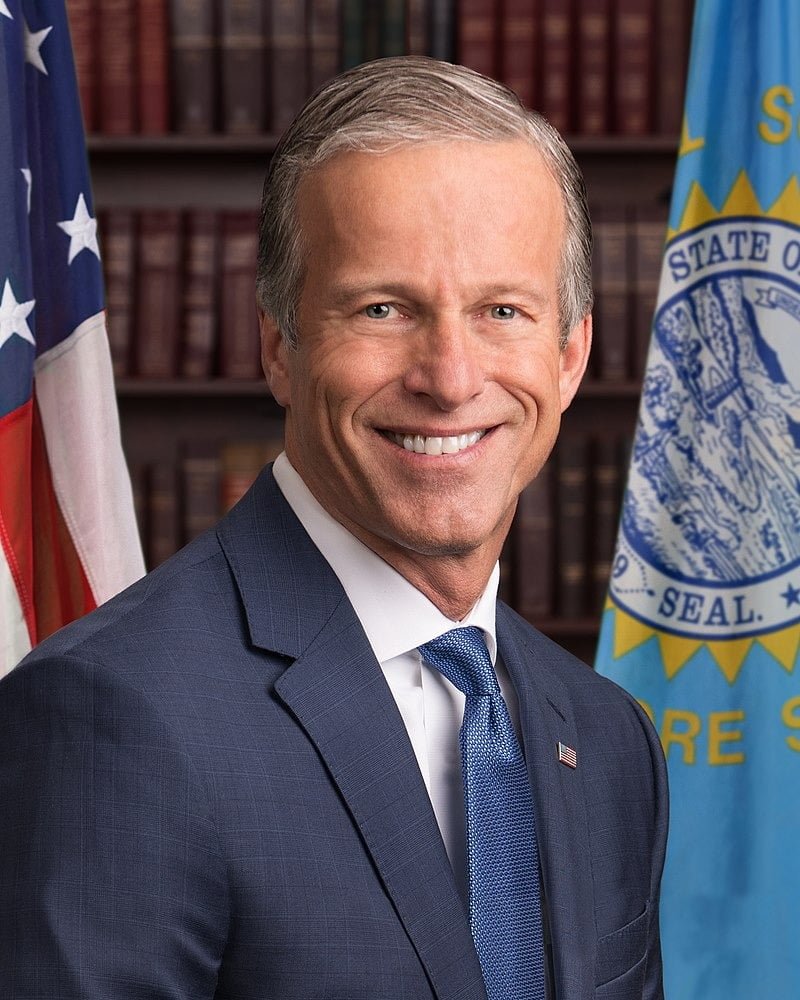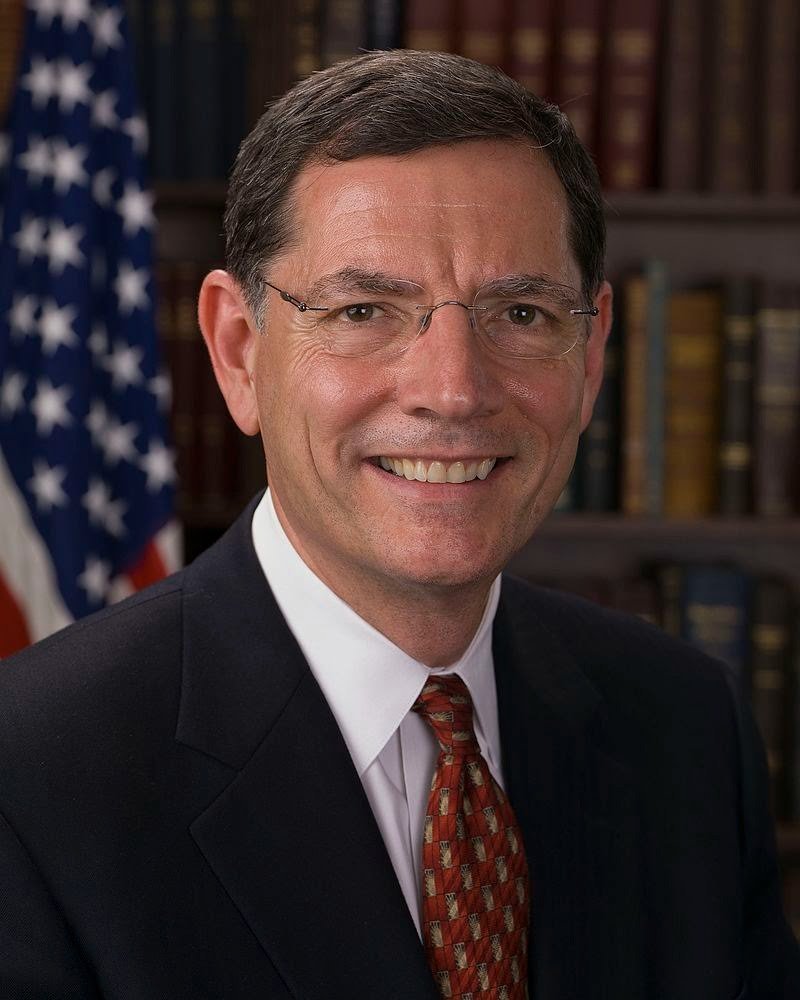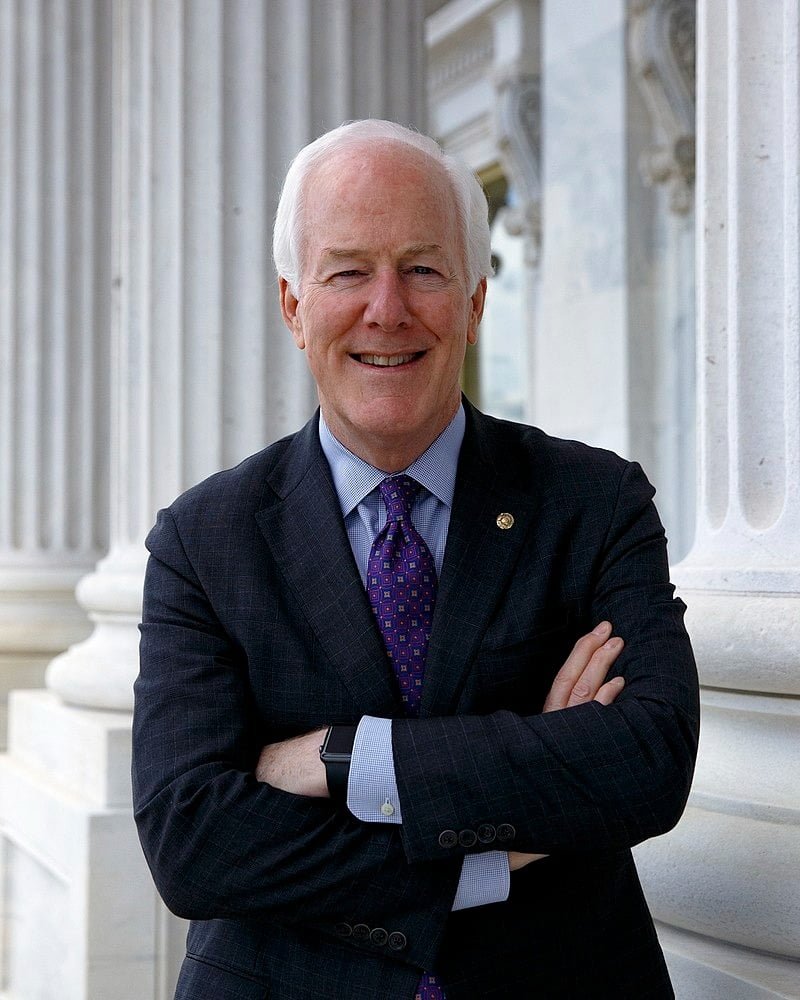Mitch McConnell, aged 82, made a poignant announcement regarding his future in the Senate. His decision to step down from his position as the Republican Senate leader was met with a mix of solemnity and respect. Addressing the Senate floor on Wednesday morning, McConnell’s demeanor reflected the weight of his words.
“I still have enough gas in the tank to thoroughly disappoint my critics, and I intend to do so with all the enthusiasm which they have become accustomed,” McConnell said in a speech on the Senate floor on Wednesday.
In a moment of raw emotion, McConnell acknowledged the recent challenges his family had faced, particularly mourning the loss of his sister. This personal hardship undoubtedly played a role in his decision-making process, adding depth to his announcement.
Reflecting on his advancing age, McConnell spoke candidly about the inevitability of change. “I turned 82 last week,” he shared, “and the conclusion of my contributions draws nearer than I would have preferred.” This acknowledgment of mortality underscored the significance of his decision to step down from his leadership role.
With a mixture of resolve and sentiment, McConnell declared that the current term would mark his final tenure as the Republican leader in the Senate. His words carried a sense of closure, signaling the end of an era and the beginning of a new chapter for both himself and the Senate leadership.
Mitch McConnell is set to step down from his position in November. Three contenders, all named ‘John’—John Thune, John Barrasso, and John—have been actively competing for the chance to succeed him. All three have thrown their support behind President Donald Trump’s reelection campaign
John Thune of South Dakota

Sen. John Thune, aged 63, currently holds the position of the 2nd-highest-ranking Senate Republican. In his role as the “whip” of the Senate GOP conference, Thune plays a crucial role in gauging senators’ stances on various issues and ensuring he is abreast of how rank-and-file Republicans intend to vote in advance.
Notably, among the trio of contenders, Thune is recognized for his moderate stance. Last year, he endorsed Sen. Tim Scott of South Carolina’s presidential bid and only recently threw his support behind Trump, doing so after Trump’s renomination was evident. Thune’s delayed endorsement of Trump came after the former president hinted at the possibility of backing a primary challenge against Thune. This rift between Trump and Thune was exacerbated after the South Dakota Republican openly criticized Trump for his actions on January 6, particularly condemning him as he voted to acquit Trump during his second impeachment trial.
Regarding Trump’s actions, Thune didn’t mince words, stating, “What former President Trump did to undermine faith in our election system and disrupt the peaceful transfer of power is inexcusable.” Thune’s tenure in the Senate began in 2004, marking him as a seasoned veteran within the political landscape.
John Barrasso of Wyoming

Sen. John Barrasso, aged 71, currently holds the position as the 3rd-highest ranking GOP senator, fulfilling the role of chairman of the Senate GOP conference.
Regarded as the most conservative among the trio of contenders, Barrasso made waves in early January by becoming the second member of Senate leadership to endorse Trump.
Barrasso’s influence extends beyond his political affiliations; he is recognized as a formidable GOP voice on energy policy. Serving as the chair of the Senate Environment Committee from 2017 to 2021, and occupying the top Republican position on the Senate Energy Committee for the last three years, his expertise in this critical area has solidified his standing within the party.
Barrasso became a senator for the first time in 2006, beginning his journey in the Senate.
John Cornyn of Texas

Sen. John Cornyn, aged 72, currently holds no position in Senate GOP leadership, although he previously served as the conference’s “whip” from 2013 to 2019.
Ideologically, Cornyn occupies a position that might be perceived as falling somewhere between Thune’s moderation and Barrasso’s conservatism.
Similar to Thune, Cornyn has exhibited skepticism towards former President Trump. However, during this election cycle, he refrained from endorsing any challenger against Trump and instead announced his own endorsement of Trump in late January. Despite his reservations about Trump, Cornyn has demonstrated a willingness to engage in bipartisan cooperation. Notably, he played a role in crafting the Bipartisan Safer Communities Act following the May 2022 school shooting in Uvalde, Texas.
However, Cornyn’s bipartisan efforts have not always been met with approval from within his own party. His involvement in the aforementioned bill, which included some of the strictest gun restrictions since the 1990s, sparked backlash from the right. Cornyn even faced booing from a crowd at a state GOP convention while negotiating the package.
Cornyn’s tenure in the Senate began in 2002, marking nearly two decades of service within the legislative chamber.
Another Potential Successor.

Another potential successor to replace Mitch McConnell is Rick Scott, who appears to have significant support from MAGA voters.
The retirement announcement of Republican Senate Minority Leader Mitch McConnell has prompted speculation about potential successors, with attention turning to Florida’s junior senator, Rick Scott. However, amidst this transition, questions arise about Scott’s ambitions and whether he still harbors aspirations to lead the GOP in the U.S. Senate.
While McConnell’s decision to step down from the leadership role he has held for 17 years presents an opportunity for new leadership, Scott remains cautious in his response. In a statement issued on Wednesday, Scott refrained from explicitly stating his intentions, instead emphasizing the need for fresh perspectives and renewed focus.
Following his defeat to McConnell in November 2022, Scott has continued to be an outspoken critic of the longtime Kentucky Republican, who has held a Senate seat for almost four decades.
Scott blasted McConnell during a holiday toy drive event in West Palm Beach last December, saying that he was enabling Democrats to push through their agenda since Biden’s election. He criticized McConnell for his role in the Senate’s approval of infrastructure bills, a debt ceiling increase, and various other measures favored by Democrats.
“I have long advocated for new leadership in the Senate that better aligns with the priorities of our constituents and addresses the pressing issues facing our nation,”
Scott’s remarks suggest a desire for a shift in leadership dynamics within the Senate, prioritizing alignment with voter interests and a proactive approach to addressing national concerns. As McConnell prepares to step down, the Republican Party faces a pivotal moment in defining its future direction and leadership structure.
Nevertheless, Scott’s name has emerged in discussions about a new Senate leader. In February, U.S. Rep. Matt Gaetz received a standing ovation when he advocated for Scott to assume the role of the next Senate majority leader.





Leave a Reply
You must be logged in to post a comment.